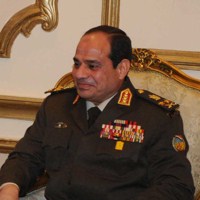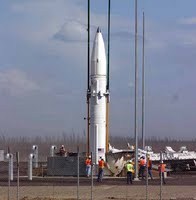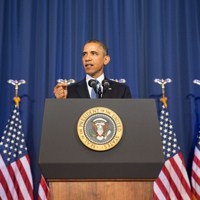
For nearly four decades, Egypt stood as a tent pole in America’s strategic position in the Arab Middle East. Starting in the 1970s, Washington and Cairo coordinated military and diplomatic policies, building what appeared to be reliable, predictable and lasting links between the Arab world’s most populous nation and the world’s most powerful country. Now, as fierce political winds batter the region, America’s entire structure of relationships in the area looks shaky, and the ties that bind Egypt and the U.S. have become dangerously frayed. Without special attention, the United States and Egypt could end up losing an alliance that […]















